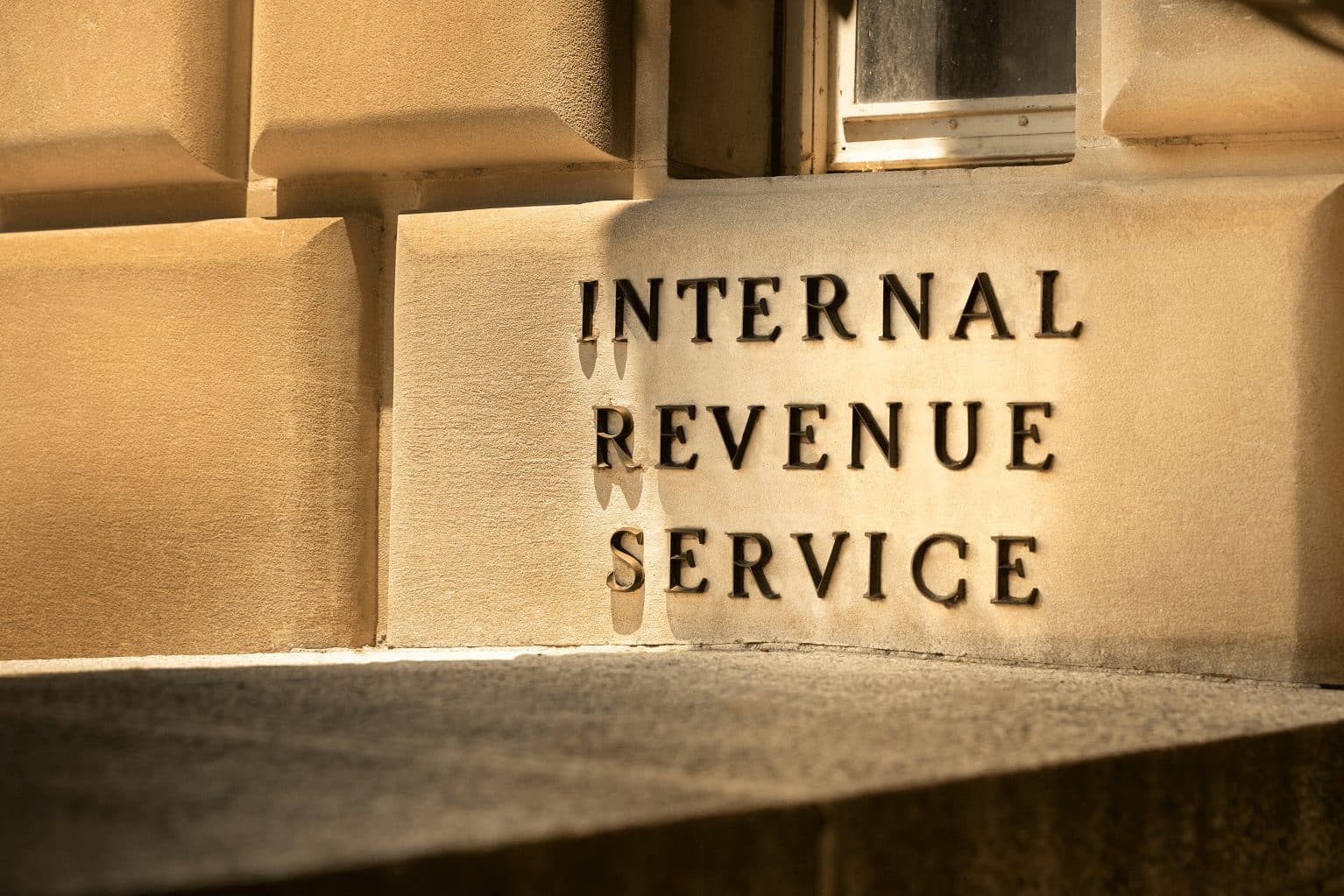The Tax Man Blocketh Investment in DeFi Tokens
The total value locked in Decentralized Finance (DeFi) projects crested the $20 billion mark in early January, according to DeFi Pulse, rising from approximately $650 million during the same time last year. With that comes interest from Venture Capitalists: according to […]

- The traditional structure of VC funds with Limited Partners that are organized as non-profits (i.e. pension funds, endowments) is proving problematic for investing in Decentralized Finance tokens.
- A cloud of uncertainty will hang over traditional VCs until clear guidance from the IRS arrives.
- But do DeFi projects need this capital?
The total value locked in Decentralized Finance (DeFi) projects crested the $20 billion mark in early January, according to DeFi Pulse, rising from approximately $650 million during the same time last year. With that comes interest from Venture Capitalists: according to reports from late 2020 the top 34 projects in the sector have raised over $500 million via 100 VC rounds. But considering the immense growth and scale of DeFi one might think that VCs would have more enthusiasm with their checks — but the way many VC funds are structured is prohibiting this.
Within most VC funds are capital allocators known as Limited Partners. These are stakeholders in the fund that don’t manage its day-to-day operations or investment targeting but rather provide a set amount of capital for the dealflow. Many of these LPs are organized as non-profits. Endowments and pension funds, for instance, sit on vast pools of capital with a mandate to chase yield thus are regular participants in VCs.
But this also presents a problem. In order to invest in DeFi projects — many of which are decentralized with no traditional corporate structure — the most common route is to purchase and trade the respective tokens. However, the way the IRS categorizes this kind of income is as a “trading activity” as opposed to a capital gain which creates a tax issue.
Trading and Staking is Unrelated Income
And what does this trading activity generate? Unrelated business taxable income, or UBTI, which is generated from earnings activity that is tangential to a non-profit organization’s key business. An organization structured as a non-profit to generate yield through investment to protect the principal capital, like a pension fund investing so that its liabilities are payable thirty years down the road, doesn’t want to have this activity on the books.
The IRS created such a code in the 1950s to ensure that tax-exempt entities do not unfairly compete with taxable companies in profit-generating activities, according to a PwC report. Passive income and dividends are exempt, long-term capital gains are taxed at 20%, but for trading — classified at UBTI — the highest trust tax rate is 37%.
And this is something that VCs need to be mindful of, explained Mazhar Wani, a San Francisco-based Tax Partner at PwC, highlighting that certain activities like staking tokens (holding tokens to participate in proof-of-stake transaction validation, and being rewarded through supporting the network) can’t occur without generating UBTI which is a punitive drain on the books.
Restructuring and Blocking
“Many of the structures such as non-profits, endowments and even retirement plans have fiduciary standards that would automatically keep them out of that market,” said Steve Akin, an investment advisor and broker. “They will need to go in and amend their structure.”
This isn’t as easy as it seems. A lack of clarity from the IRS, said Curtis Spencer, a Managing Partner of Electric Capital, leads to “friction” for institutions looking to participate in DeFi.
“If you squint at these token generating events, some may appear like traditional interest income or dividend yield, yet others could be characterized as trade or business activity,” Spencer told Blockworks. “Unfortunately, without the IRS guidance it’s hard to understand the tax consequences [and] how to characterize the different types of yield that crypto networks offer.”
While many traditional VCs don’t have the willingness or appetite for these types of investments, explained Ian Wittkopp, a Vice President of Beijing-based Sino Global Capital, there are some that do have the structure to take it on. Andreessen Horowitz, for instance, is structured as an RIA allowing it to make “riskier and larger bets in some areas like crypto.”
Does DeFi Need the Investment?
But despite the fact that many traditionally structured VCs are not going to be able to invest in DeFi, this hasn’t proven to be a huge detriment to the industry. For the most part, these aren’t the kinds of VCs that DeFi teams are interested in pitching.
“We have not seen teams adjust their fundraising strategy to account for non-profit structures of LPs and the tax implications,” Wittkopp said. “When Defi projects are in their fundraising stage, it is more likely that they will interact with individual investors, crypto VCs, or traditional VCs that have built a structure specifically to make crypto investments.”
Wittkopp pointed out that most of the top DeFi projects have seen their rounds oversubscribed (usually by smaller, more nimble firms with less LPs), so it’s not of an issue of projects being short of capital and more of an issue of traditional VCs not being able to get exposure.
And for those that can’t invest in these actively traded tokens, but want exposure? There’s the option of an equity buy in — for projects that have traditional corporate structures.
Or they could just buy Bitcoin.






